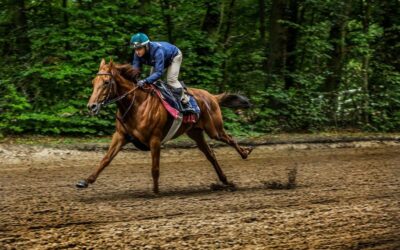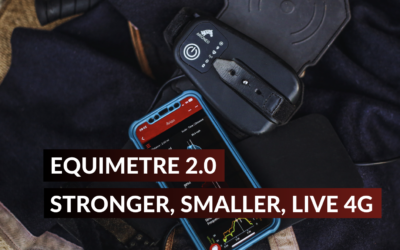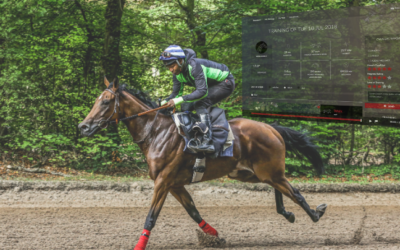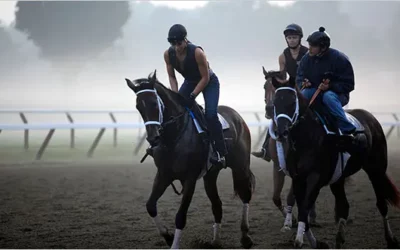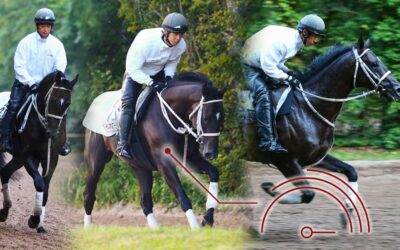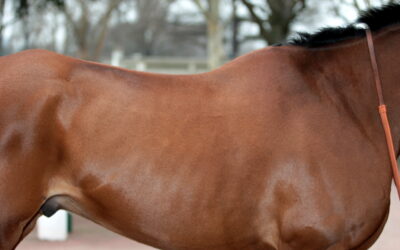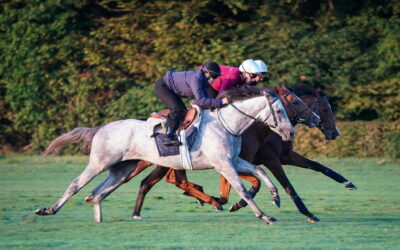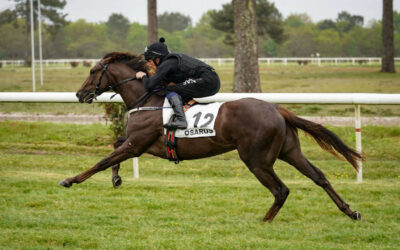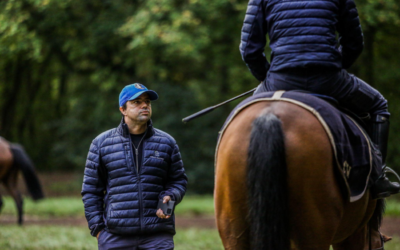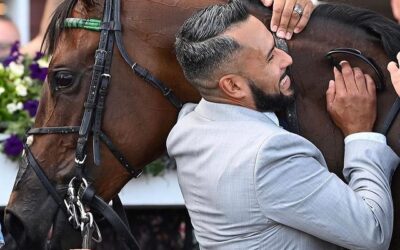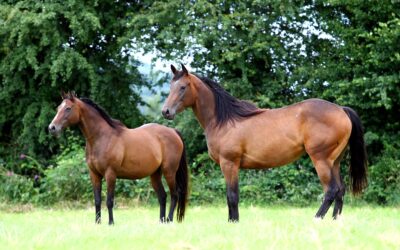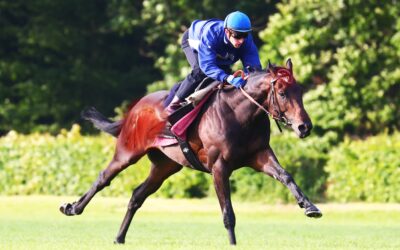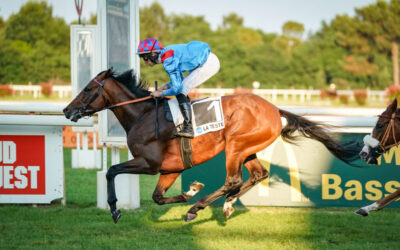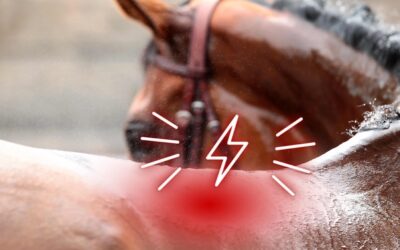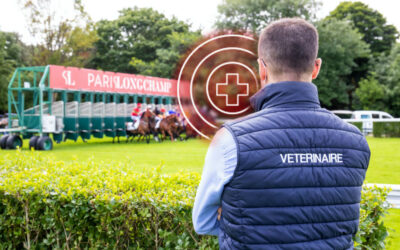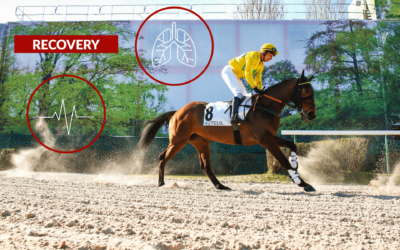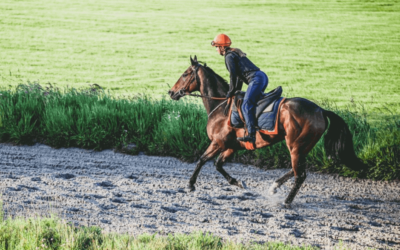EXPLORE OUR BLOG
Here you will find a lot of information to better understand performance and health measurements as well as tips about racehorse training and well-being.
LATEST ARTICLES
Heart murmur and performance: are they compatible?
The cardiovascular system can be compared to a huge orchestra, and the presence of any structural defect can alter the functioning of the system and throw the orchestra out of harmony. A heart murmur is added to the initially audible heartbeat and becomes a false note in the orchestra, requiring the trainer to intervene on several levels.
EQUIMETRE 2.0 | Our sensor’s big changes
In Equimetre 2.0, Arioneo’s Chief Technical Officer Thomas tells us about the changes made in this new sensor version.
Racing Management: how to include data in your entry strategy in 5 easy steps
Data can help backing up your feeling but also guiding logical and rigorous decisions. Here are 5 steps that you can incorporate to your entry strategy.
The use of treadmills, Romane Borrione’s vision
Romane Borrione, a performance and data analyst specializing in racehorses delves into the topic of treadmill training.
Equine Data Revolution: Insights from Dr. Michelle Nihei
The 8th edition of the Cauthen Seminar, on January 22, 2023, explored the convergence of horse racing, training philosophy, and advanced data science. Dr. Michelle Nihei, a distinguished racehorse trainer and Ph.D., delivered a compelling presentation shedding light on “Hoofprints and Philosophy” – Perspectives from Racing and Training.
Trevor Andrews’s Equimetre experience
We were lucky to interview thoroughbred trainer Trevor Andrews regarding his utilization of EQUIMETRE.
BROWSE AMONG OUR CATEGORIES

Equine Physiology

Testimonials
Racehorse training
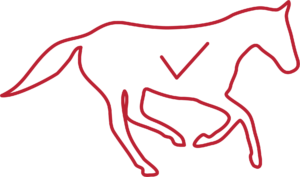
Young racehorses
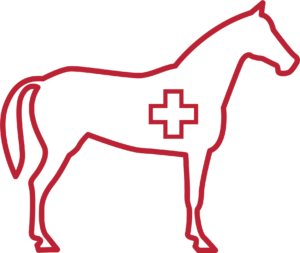
Health & Science
Standardbreds
EQUINE PHYSIOLOGY
Exercises of varying intensity: what effect on the horse?
During exercise of varying intensities, the different systems of the horse’s body adapt their functioning. In this article we will look at these changes through the respiratory, cardiovascular and muscular systems.
Racehorse’s three main physiological systems: roles and functions
The horse’s body has three key systems to ensure its proper functioning: the respiratory, cardiovascular and muscular systems.
How do these metabolisms work? What roles do they play in the horse’s body?
What is the influence of training on a racehorse’s cardiovascular system?
The horse’s cardiovascular system allows good blood circulation and ensures oxygen transport. How does the horse improve it?
Thermoregulation in horses: how do they regulate their body heat?
Thermoregulation in horses is the set of mechanisms that allow them to maintain a desired temperature. How does it work?
How to prevent myositis in horses thanks to data?
In this article, we share the story of Arion, whose training data analysis helped prevent myositis.
Exertional rhabdomyolysis in horses
Exertional rhabdomyolysis in horses, also known as tying-up, Monday disease or myositis, is defined as a painful muscle disease induced by exercise.
RACEHORSE TRAINING MONITORING
The role of data in racehorse pre-training
Racehorse pre-training increases the likelihood of success on the track. To maximize the performance of young athletes, racehorse trainers understand the necessity of developing muscle strength, boosting general fitness, and providing proper ground work.
Christopher Head’s EQUIMETRE experience
On the occasion of a photo shoot at Christopher Head’s stables in Chantilly, we chatted about his use of EQUIMETRE.
John Ortiz’s Equimetre experience
We had the chance to talk with John Ortiz, thoroughbred trainers in the United States. He shared with us his experience with EQUIMETRE, and how he integrated it into their daily work with horses.
Breaks in racehorses: how to proceed?
The break in a racehorse is a period of rest. With performance being the key to success, the importance of a proper break for horses may arise. In this article, we will explore in detail the concept of the ‘break’ in racehorses and explain why it is a crucial element in maximising their performance.
Muscle memory in the athletic horse
During training, the horse engages what is known as his muscle memory, so that his muscles are able to carry out the effort almost automatically. However, the source of this memory is not in the muscle, but in the brain.
Locomotion data: what’s in it for the day-to-day work?
Locomotion data helps us to understand how a horse moves around the track, providing valuable information about its physical ability, fitness and potential. Every horse has its own stride, and the way in which its canter is constructed varies little throughout its life. By looking at the parameters of cadence and amplitude at a fixed speed, we can obtain indications of a horse’s theoretical preferred distance.
EQUINE HEALTH & SCIENCE
Kissing spines: how to detect them with data?
Kissing spines are a common cause of back pain in horses. How can data help to detect and understand this bone disease?
Exertional rhabdomyolysis in horses
Exertional rhabdomyolysis in horses, also known as tying-up, Monday disease or myositis, is defined as a painful muscle disease induced by exercise.
The athletic horse’s medical follow-up: which benefits?
Bringing a horse to its maximum potential, while respecting its physical integrity, is a long road. In this article, you will discover why it is perhaps interesting to set up a medical-sportive follow-up, as well as recommendations to optimize its implementation.
YOUNG RACEHORSES MONITORING
Young racehorses’ recovery
Young horses do not have the same recovery patterns as older horses, even for equal intensity training or between two horses with equivalent fitness. Indeed, young horses have a less efficient heart and must adapt their muscular and neurological systems to the training conditions. They need time to adapt before they can recover properly. The evaluation of recovery in young horses is therefore done differently. How do recovery data differ between young horses and adult horses? How do you assess it?
Physiological changes in the young racehorse
Many physiological and musculoskeletal changes may be seen in young Thoroughbreds as early as the first weeks and months of training.
7 reasons to monitor young racehorses
Broken in and pre-trained, the young horses are ready to start their sporting career and start racing. This first period of work is crucial for the horse’s career. Collecting and analysing data from the very beginning of their training brings many benefits.
STANDARDBREDS TRAINING
No Results Found
The page you requested could not be found. Try refining your search, or use the navigation above to locate the post.
TESTIMONIALS
Antoine de Watrigant’s Equimetre experience
Antoine De Watrigant, trainer at Mont-de-Marsan, in the south-west of France, find out how he uses Equimetre and data.
EQUIMETRE 2.0 | Our sensor’s big changes
In Equimetre 2.0, Arioneo’s Chief Technical Officer Thomas tells us about the changes made in this new sensor version.
The use of treadmills, Romane Borrione’s vision
Romane Borrione, a performance and data analyst specializing in racehorses delves into the topic of treadmill training.

